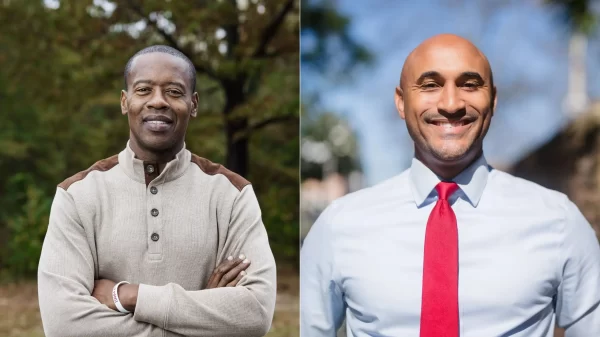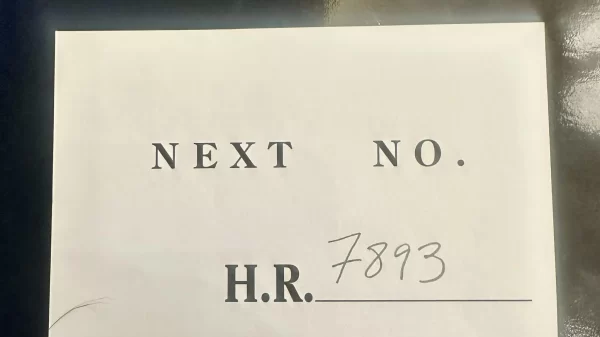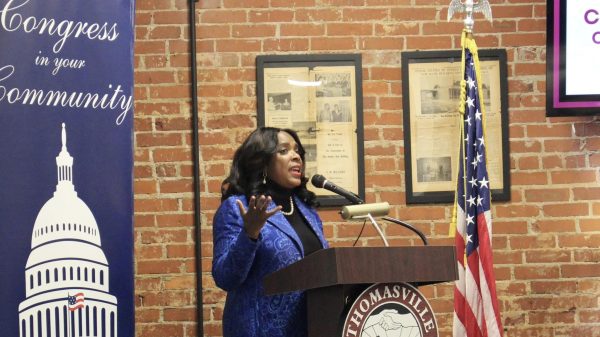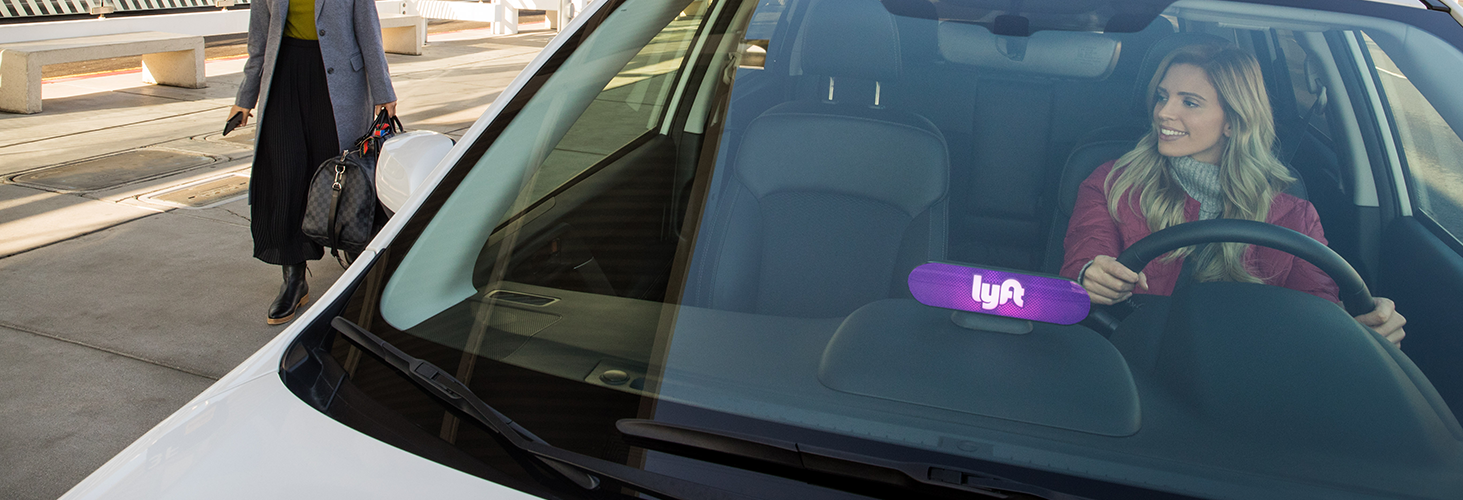By Chip Brownlee
Alabama Political Reporter
Gov. Kay Ivey joined lawmakers and drivers from ride-hailing companies Uber and Lyft to push for a piece of bipartisan legislation that would set statewide regulations for how such companies can operate, which could allow Alabamians to call a ride anywhere in the state.
Lyft and Uber, the nation’s two most popular ride-hailing companies, operate in 15 medium-to-large cities across the state but were forced to work with those cities on local regulations that allowed them to start offering rides. The time and money needed to negotiate with individual cities prevent the companies from going statewide, Ivey said Thursday on the steps of the State House.
“I look forward to working with legislators to put in place a legal framework that allows ridesharing companies to expand to all corners of the state,” Ivey said.
The legislation, sponsored by Rep. David Faulkner, R-Mountain Brook, and Sen. Bobby Singleton, D-Greensboro, would raise regulations to the state level in an effort to take the companies statewide.
“Our legislation creates a uniform and consistent framework for transportation network companies,” Faulkner said. “It replaces the current system that creates confusion, patchwork regulations and inconsistency from city to city across Alabama.”
Only six states including Alabama lack statewide regulations. Georgia recently passed similar legislation and the companies were operating statewide less than a year and a half later. Neighboring states Tennessee, Mississippi and Florida also have statewide regulations.
“Alabama must keep moving forward,” Faulkner said. “This session, let’s make our state the next one to enact this type of legislation. It would be a major set back if Alabama became the last state to embrace this innovative type of technology.”
Faulkner and Singleton pushed similar legislation last year but it didn’t make it out of the Legislature. Some cities opposed the legislation because they said it infringed on their ability to create and enforce regulations that fit their communities.
Cities, for example, have different standards for background checks, insurance and registration. Faulkner and Singleton’s bill would preempt cities from implementing local taxes and licensing regulations — a measure opposed by the League of Municipalities.
Supporters of the bill say that while some cities benefit from the status quo, smaller cities and towns can’t gain the attention of the companies and can’t negotiate to get the service inside their limits.
Birmingham became the first city to welcome Uber more than two years ago. Since then, Uber and Lyft have expanded to Huntsville, Montgomery, Mobile, Tuscaloosa, Auburn and several other municipalities, offering on-demand rides to users.
“This is a real solution that we need to pass,” said David Wisdom, president of Young Alabama. “Young Alabamians rely each and every day on these ride-sharing services from getting to work each day to accessing a safe ride home after a night on the town.”
Faulkner and Singleton say the bill will also create jobs.
“We are also creating new economic opportunities for all of the people of Alabama. Beyond driving our economy forward, ride-sharing also has undisputable public safety benefits,” Singleton said, pointing to research that shows a decrease in DUI arrests in cities that have ridesharing services.
Officials were joined by Uber and Lyft drivers and the Ride4AL Coalition, a group of the legislation’s supporters. Among them were representatives of the Alabama Association for the Deaf, the Alabama Black Chamber of Commerce, the Birmingham Urban League and others.
“I cannot tell you how much it means for the deaf community here in Alabama,” said Judith Gilliam, president of the Alabama Association for the Deaf. “All of the members of that community greatly benefit from this ridesharing legislation. Taxis historically over the years have given some nightmares.”
If the bill passed, a 1 percent fee on each fare would be collected by the state and ride-hailing companies would need to obtain a permit from the Public Service Commission, the state panel that regulations utilities. Along with a permit, the companies would be required to conduct background checks and driving history checks on their drivers.
The Legislature returned Tuesday for its annual session, and the bill is expected to be taken up by lawmakers early this year.



















































